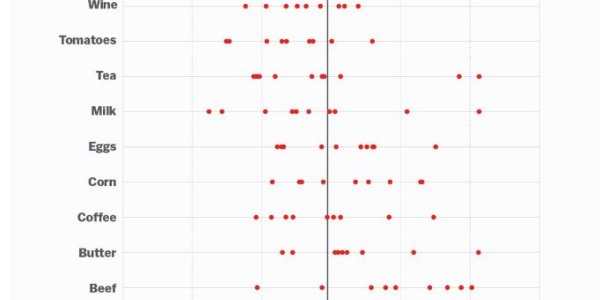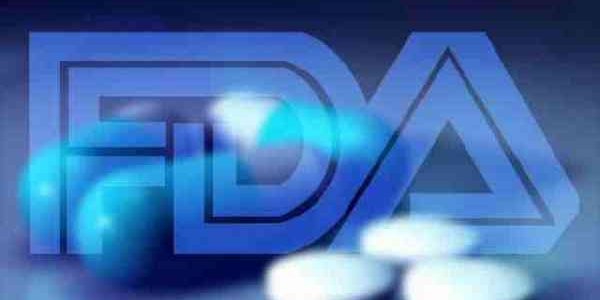Epidemiology Bogus Attacks: Now Diet Coke Causes Autism?
If you have been in science media for any period of time, you have seen a predictable pattern; epidemiologists look through columns and rows of foods people claim they eat and diseases or lack…












